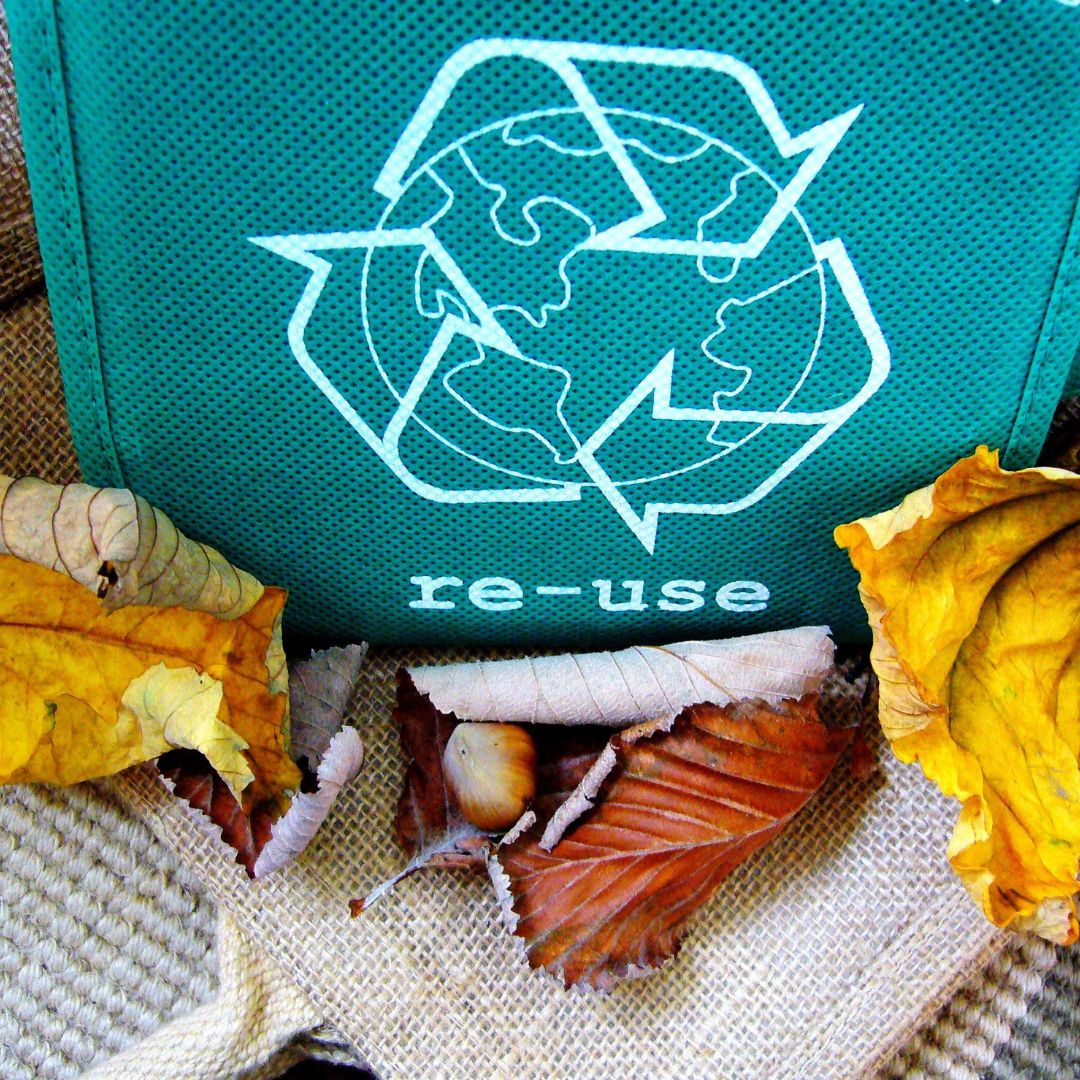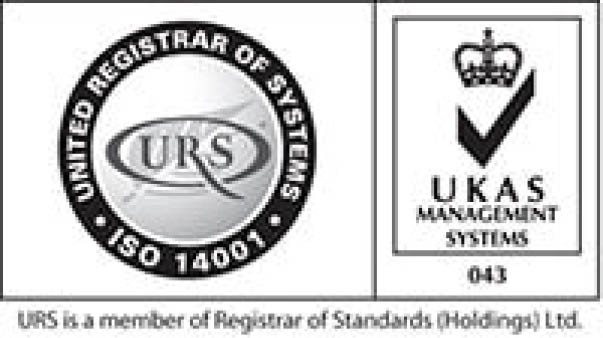The waste hierarchy is sometimes misunderstood and sometimes wrongly interpreted as, ‘recycling is an inferior option and not worth doing’. This is a long way from the truth.
The waste hierarchy isn’t intended to be a league table against which we can judge each other’s behaviour. It’s there to provide a model that will help us understand how different approaches to managing waste fit into a bigger picture.
There are traditionally five ‘levels’ in the waste hierarchy: reduce, reuse, recycle, recover and disposal. ‘Recover’ refers to technologies such as energy from waste that incinerate non-recyclable materials to generate electricity or power area heating systems. It also includes alternatives such as anaerobic digestion and gasification. Disposal is typically landfill.
Some argue that there’s another level, which is ’prevent’. This would be a mixture of consuming less and making, transporting and selling products in a way that generates zero waste. This would entail major changes to how we live and how much of the economy functions.
Sustainability Implications
The more we can reduce, reuse or recycle, the better. But that doesn’t mean that recovery and disposal aren’t important. How we handle waste that can’t be recycled has huge implications for sustainability. One tonne of food waste in landfill can generate 450kg of carbon emissions, much of which will be methane that could be used for energy.
Largely, the waste hierarchy is about awareness and helping us all to make better decisions. If we have the option of buying a product in a container that is easy to recycle, that’s better than an alternative that’s impossible to recycle or hard to manage in the waste stream.
If you can save up empty jam jars over the year and use them at preserving time (rather than buying new ones), that’s clearly a better thing to do.
Ultimately, none of it is relevant if waste streams are not well managed so that everything ends up in the most appropriate place. There must also be an unbroken chain of stewardship – even if the ultimate destination is landfill.
For individuals and businesses, carefully sorting waste into recyclable and non-recyclable streams makes a huge difference. Where that’s not easy (perhaps because of the volume), reputable waste handling experts like Wellington Waste can help.
Contact 01823 664628 to find out more, or email enquiries@wellingtonwaste.co.uk.

